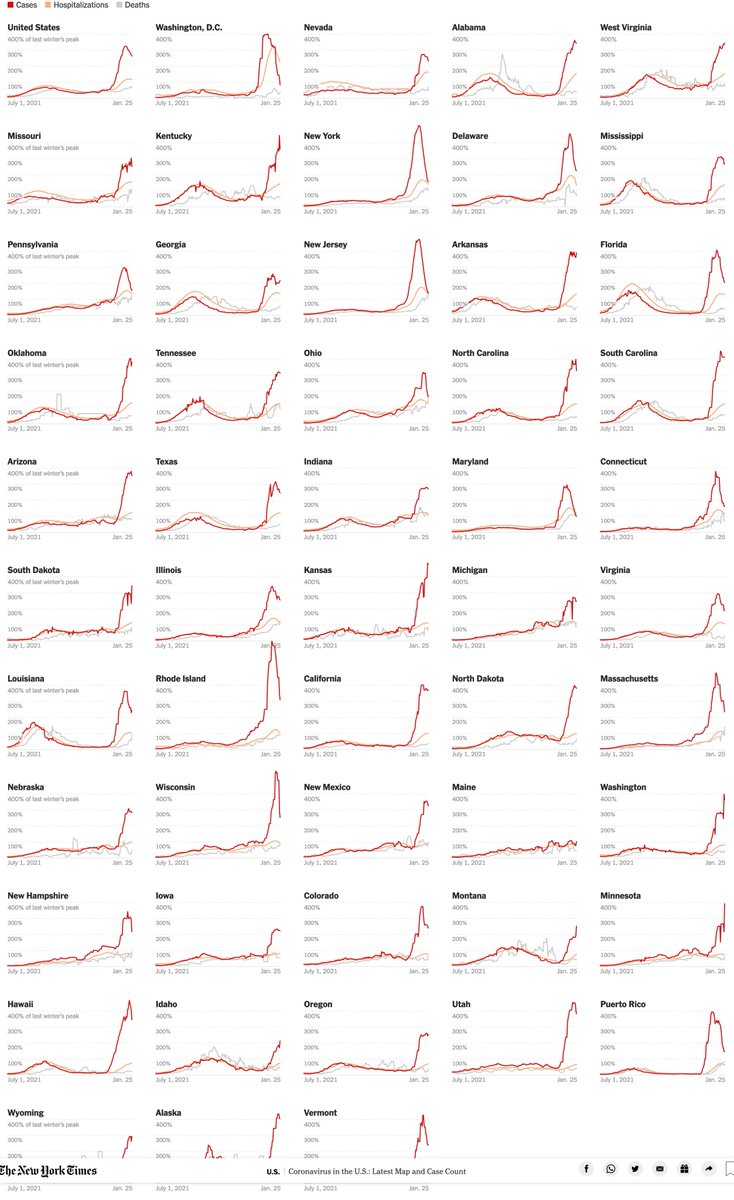Q: Is my #onlineshopping for non-essential items supporting the economy? or putting people at risk?
A: Probably a bit of both. While online shopping may help blunt companies' financial and employment losses, unsafe practices may place many workers at risk of contracting Covid-19
A: Probably a bit of both. While online shopping may help blunt companies' financial and employment losses, unsafe practices may place many workers at risk of contracting Covid-19
Here are some tips from @ConversationUK to consider when online shopping:
📦Reserve use of delivery--specifically for essential items like groceries--for those like older adults, single parents, essential workers, and those with chronic health conditions.
📦Reserve use of delivery--specifically for essential items like groceries--for those like older adults, single parents, essential workers, and those with chronic health conditions.
🛍️Shop Local. Smaller businesses are more likely to face financial strain. Many local shops have re-invented their workflows to allow for online shopping and #Contactless pick up. Check out your #Local shops first.
👷Full disclosure. Pay attention to stories revealing workplace dangers and #unfair treatment of employees. Avoid purchases from such businesses.
If the purchase feels icky, perhaps delay or reconsider.
Here is the full article: theconversation.com/the-ethics-of-…
#COVID #CoronavirusUSA
If the purchase feels icky, perhaps delay or reconsider.
Here is the full article: theconversation.com/the-ethics-of-…
#COVID #CoronavirusUSA
• • •
Missing some Tweet in this thread? You can try to
force a refresh









